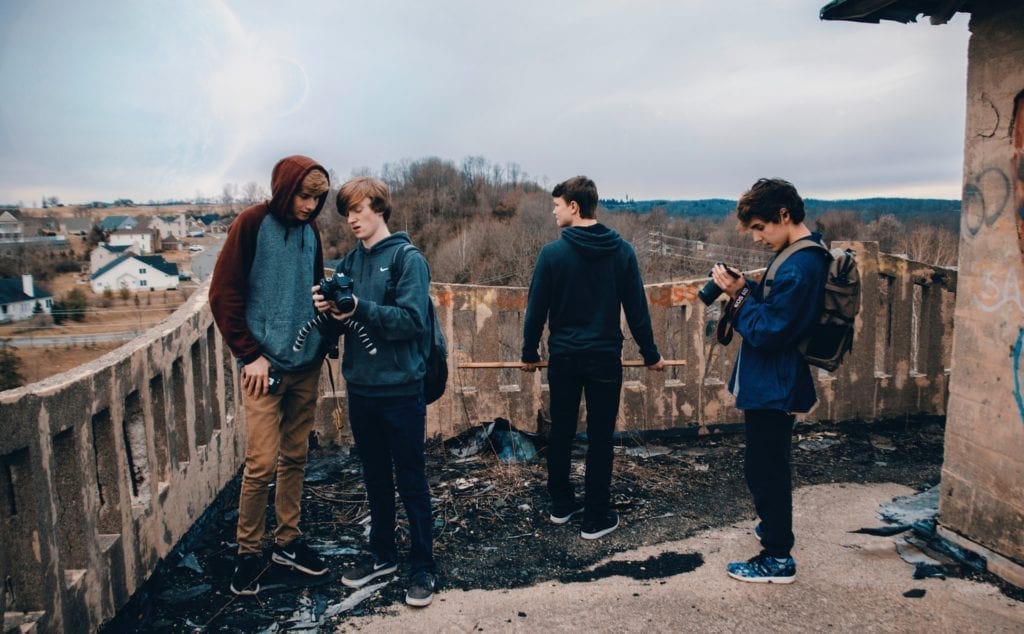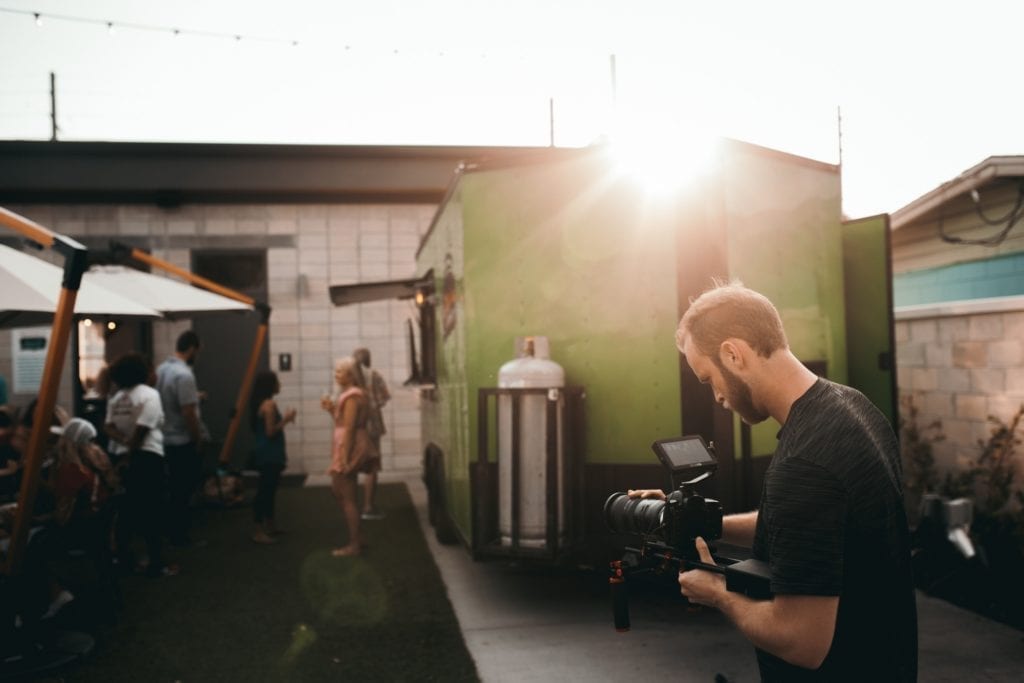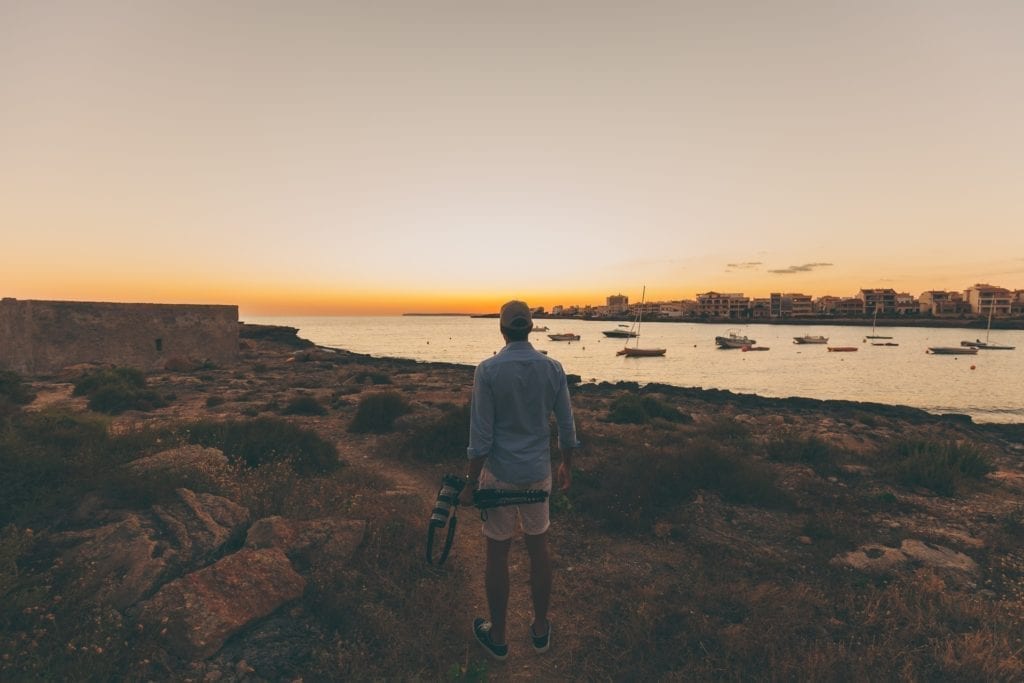The Indie Filmmaker’s Guide to Location Scouting
Welcome movie-lovers and filmmakers to this edition of The Indie Filmmaker’s Guide! Today I’ll be discussing a part of pre-production that has the ability to slash unnecessary film expenses and allow you to stay one step ahead of pesky production problems. Can you guess? Location scouting. Let’s start at the beginning…
All filmmaking has three main phases: pre-production, production, and post-production. The pre-production stage plays a huge part in a movie’s success. When you think of the pre-production steps, you think of finalizing the screenplay, finding a director, or seeking funding.
Location scouting is just as important. It’s simple to understand but challenging to do right. Put simply, it’s searching for the right location for a scene. The way it works is that a location manager will meet with the director, production designers, and set designers and go over each scene. The location manager then sends out scouts to find locations. The location manager will oversee the search and obtain any permits required for shooting.
For the scouting process itself, I find that grouping the location scouting process into three main groups helps to give a better overview of the job.
The Location

There’s a lot to finding the right location. A location scout needs to decide whether the location matches the description and setting of the scene. They also take the mise-en-scene into consideration. Mise-en-scene is what goes into a scene– like the actors, lighting, and props. They must decide whether the production will be allowed to alter the location in order to fit the needs of the scene–a task which we’ll get more into later.
One thing all location scouts must do is take extensive, detailed notes and high-quality photos of the location. This is done to give the location manager as much information as possible about said location. Testing the lighting and sun exposure of a location is a must. A great location scout keeps a light meter with them when scouting which reads exposure levels and allows the user to adjust shutter speeds, aperture levels, and ISO settings.
For filmmakers on a budget, you might want to try Filmic Pro (no, this post is not sponsored). Filmic Pro is one of the best apps for filmmakers. It turns your mobile device into a high-def camera with a long list of features including abilities to test exposure, white balance, and change frames per second.
Scouts have to listen for any unwanted sounds that could ruin a scene or cause unnecessary editing and dubbing. The humming of a fridge? The sound of traffic jams? Planes overhead? Scouts need to take note of any of these things when scoping out a location. This is crucial for low-budget filmmakers, if you show up to set and realize you’re near an airport, most of the sound and dialogue could be ruined. This means more time and money spent fixing mistakes.
Getting Permission

Location scouting also involves getting permission to shoot at certain locations. If you’re shooting in a public place, an easy way to check if any permits are required is by looking on county or state websites to find filming guidelines for public spaces. This is sometimes easier said than done.
However, not all films are shot in public spaces, and sometimes filming on private property is needed. When doing this, the location manager will need to work with property owners to get permission to film and change any parts of the property to fit the description of the scene. In major cities like Los Angeles, New York, and Chicago, location scouts will face property owners demanding payment or product placement in films. In cities with a large film presence, like NYC or LA, you will almost always see a hefty charge if you want to shoot on private property. For big-budget films, this tends not to be a major issue, but for low-budget films it sure is. Low-budget and first-time filmmakers should always be careful when shooting at private locations and plan ahead.
A good way to get around this problem is through guerrilla filmmaking. The way it works is you show up to a location with few people, shoot the scene quickly, and then get out fast. A tip to those who would try this method of filmmaking: always be respectful of the location, and if you’re confronted and told to leave: just do it.
If you want to figure out how much money you can budget for locations so you don’t have to worry about being kicked off set on the day of shooting, download our free film budget template.
Logistics

A location scout has to make sure the location can support a film crew and set. They have to think ahead. How will the crew and equipment get here? Are there bathrooms? Is there parking? Is there a power source? Answering these questions will significantly reduce the costs of shooting. Picture this, starting a day of filmmaking and realizing the location has no power source, you didn’t budget for a generator, and no equipment can be powered. That’s a full day of shooting cut in half perhaps. The location scout has to solve these problems before hand.

For low-budget filmmakers, extensive location scouting might be hard because of travel costs and time restrictions. However, scouting a location can reduce wasted time and unnecessary expenses by so much even if done minimally. A great location scout cuts the costs of any production.
For new filmmakers or young filmmakers, a great way to learn more about filmmaking tips and tricks is by reading filmmaking books. For all things low-budget, check out Robert Rodriguez’s Rebel Without a Crew— a nonfiction book both about his start as a low-budget filmmaker and how he managed to make his breakout film El Mariachi with a mere $7,000. How he went from low-budget filmmaker barely scraping by to one of Mexico’s most treasured filmmakers. On the editing side, In the Blink of an Eye, 2nd Edition by Walter Murch is another book I’d highly recommend. Murch is more than credible, and the book is a quick read. Murch’s greatest works may have been decades ago, but they still apply to digital filmmaking all the same.
Thanks for reading, and be sure to check out some of our other posts on The Film Fund for valuable information on all things filmmaking!
If you need help with funding to hire a location scout, be sure to check out our film contests.